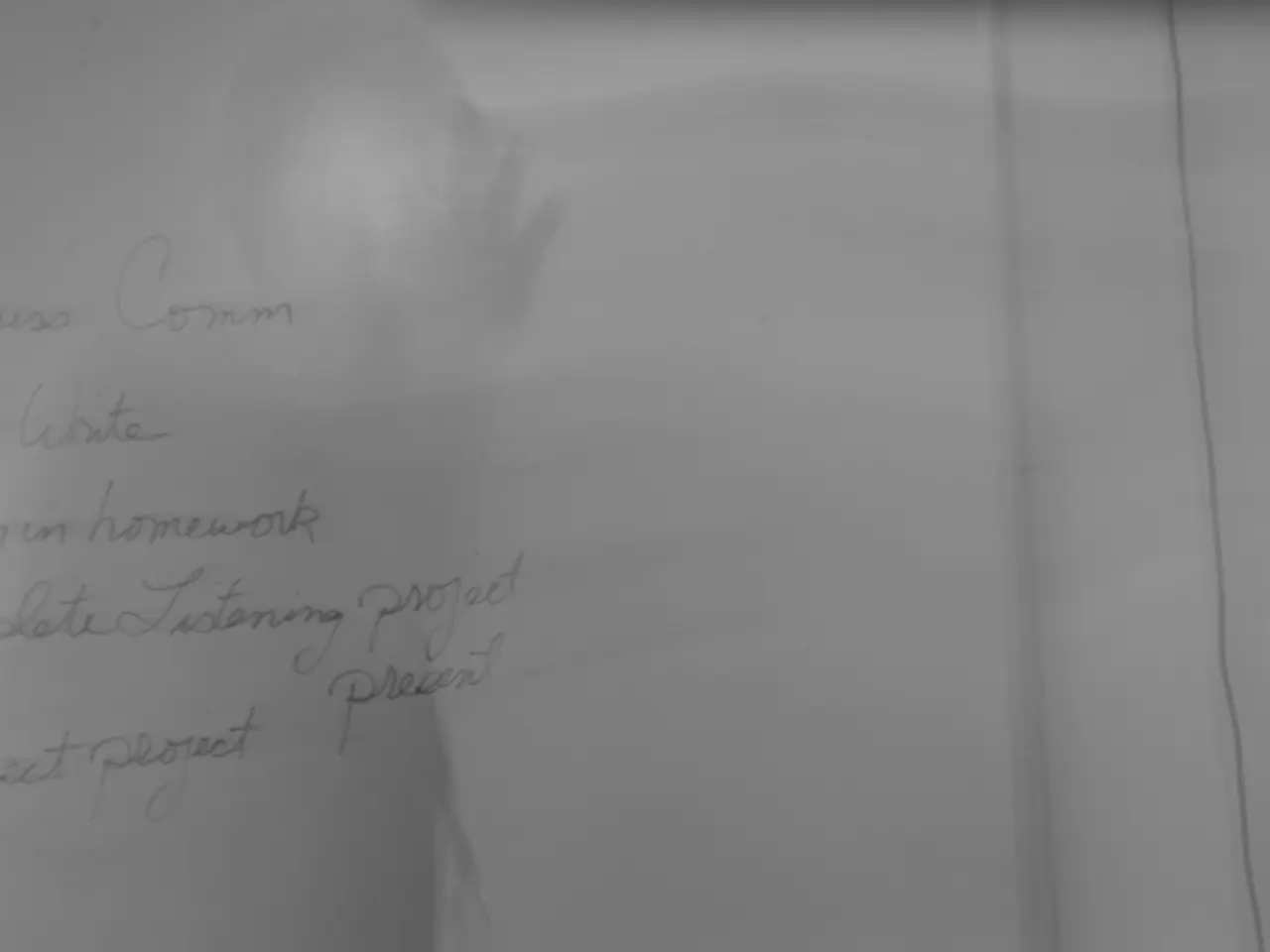Managing Decision Overload: Steer Clear of Its Negative Impact
===================================================================================================
In today's fast-paced world, making decisions can often feel overwhelming, leading to a state known as decision fatigue. To combat this, understanding its impact and implementing strategies can lead to improved decision-making processes and overall quality of life.
One key strategy is to prioritize high-value decisions early in the day when mental energy is at its peak. This allows us to tackle complex or critical choices with sharper focus. Simplifying routine decisions by automating repetitive tasks or standardizing options also helps conserve mental energy, allowing us to focus on more important decisions.
Utilizing decision-making tools can also make decisions more quickly and effectively. Tools such as the Eisenhower Matrix, SWOT analysis, or Cost-Benefit Analysis help reduce cognitive load by clarifying priorities and evaluating options efficiently. Limiting the number of choices to avoid overwhelming ourselves is another effective strategy, as it helps make decisions faster and reduces mental exhaustion.
Setting deadlines on decisions is another way to prevent overthinking and procrastination, helping conserve time and cognitive resources. Practicing mindfulness can increase awareness of mental fatigue and improve our relationship with decision-making processes. Mindfulness can help reduce impulsivity and improve clarity by restoring prefrontal cortex capacity.
Recognizing signs of decision fatigue, such as procrastination, impulsiveness, and difficulty evaluating choices, is crucial. Taking breaks or postponing decisions when necessary can help alleviate these symptoms. Avoiding decision overload by ruthlessly prioritizing tasks and decisions based on their impact is also essential in reducing stress and maintaining well-being.
Building habits can make decision-making easier and more efficient. This might involve wearing similar clothes, eating consistent meals, or adopting a consistent routine. Embracing imperfection is also important, as not every decision needs to be flawless. Seeking support and collaboration from trusted individuals can provide fresh perspectives and relieve decision-making pressure.
The role of rest and recovery cannot be understated. Taking regular breaks, practicing relaxation techniques, and ensuring you have sufficient downtime to recharge your mental energy are all essential in maintaining decision-making capacity.
By implementing these strategies, we can preserve cognitive resources, improve decision quality, boost productivity, and protect against burnout caused by decision fatigue.
Read also:
- Eight strategies for promoting restful slumber in individuals with hypertrophic cardiomyopathy
- Exploring the Strength of Minimally Digestible Diets: A Roadmap to Gastrointestinal Healing
- Secondhand Smoke: Understanding its Nature, Impact on Health, and Additional Facts
- Could a Secret Heart Rhythm Device Infection Be Causing Your Illness?





